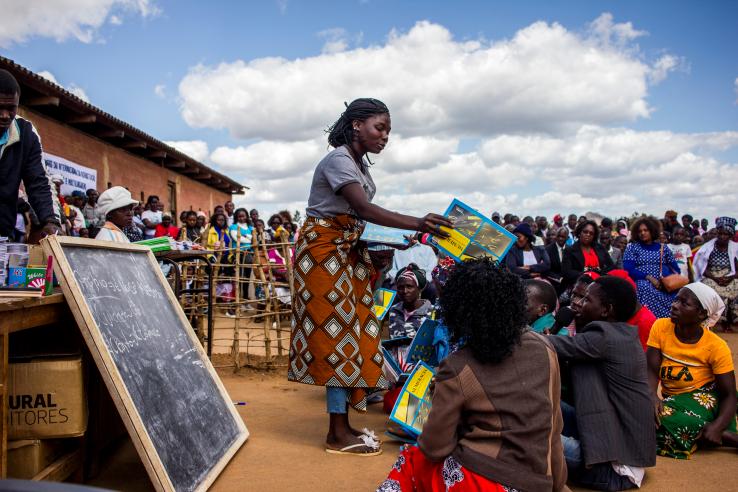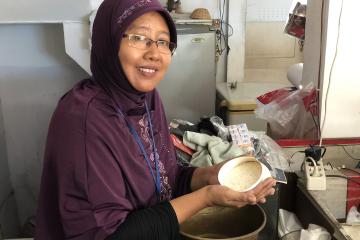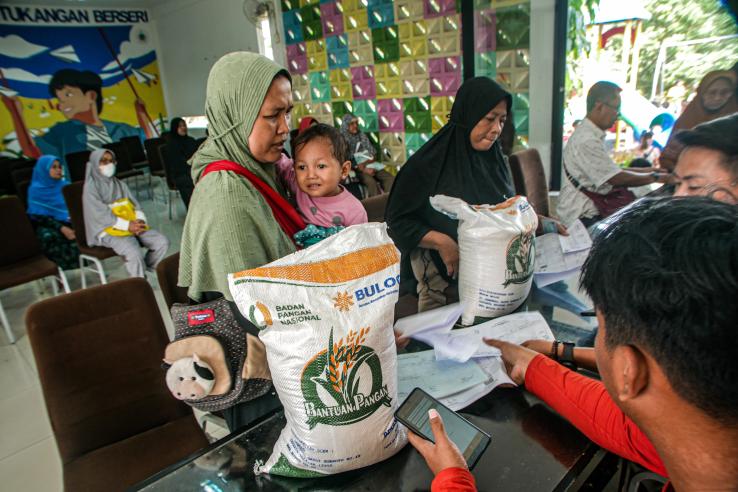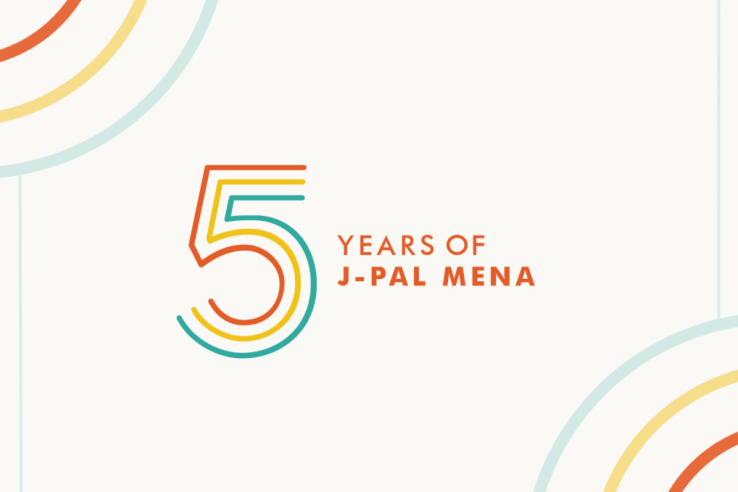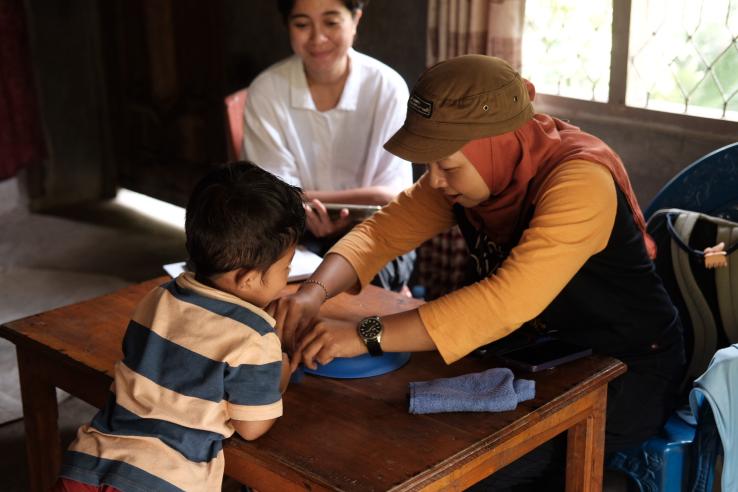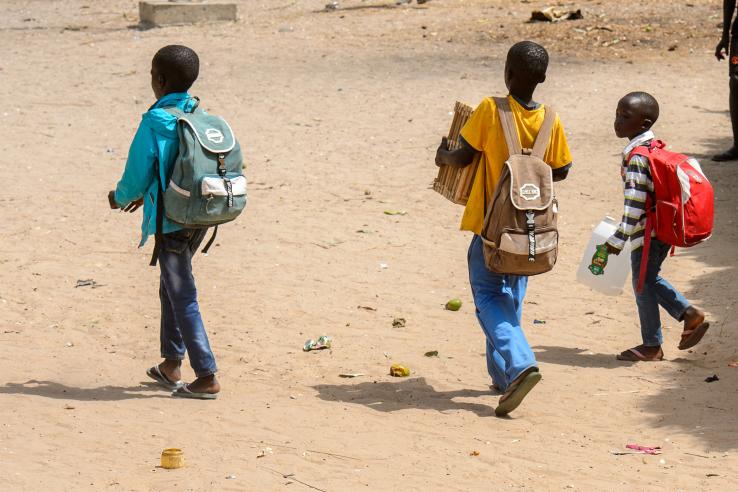Displaying 7276 - 7290 of 8331
Event
En muchos países, las dependencias encargadas de diseñar políticas para prevenir y atender situaciones delictivas se enfrentan a desafíos muy similares; principalmente, deben responder a cuestiones como: ¿De qué manera aprovechar los datos que existen para mejorar diagnósticos relacionados con el...
Blog
In May 2025, J-PAL Africa invited LinkedIn readers to submit questions about a recent randomized evaluation on preventing gender-based violence in Mozambican schools, coauthored by J-PAL affiliated researcher Selim Gulesci. In this blog post, Selim responds to five questions from readers, sharing...
The Evidence Effect
A dual strategy to alleviate poverty: Attaching conditions to cash transfers can provide immediate financial assistance while helping families invest in their children's future.
The Evidence Effect
Providing vulnerable households with accurate, timely information about their benefits can help improve access and increase government efficiency.
Person
Blog
Most LMIC governments invest far more in their own social programs—which include health care, education, and social safety nets—than all foreign aid combined. While foreign assistance has been in the spotlight this year, LMIC governments are the ones that make financial commitments, set priorities...
Event
J-PAL MENA at AUC is hosting a special event to mark five years of advancing evidence-informed policymaking in the MENA region.
Event
J-PAL Southeast Asia is organizing a Research-to-Policy Showcase, "Uncovering What Works: Supporting the Last-Mile Delivery of ECED Programs," on 15 July 2025. The event will convene stakeholders in the early childhood and development sector to exchange knowledge on innovations in the field, share...
Evaluation
Researchers evaluated the impact of creating schools offering four years of primary education, in lieu of the government, on early grade reading and math skills in rural Guinea Bissau. The intervention led to substantial improvements in literacy and numeracy.
Evaluation
Researchers evaluated the effect of providing assistance in completing the application and personalized information regarding financial aid eligibility to low-income individuals receiving tax preparation help. The intervention increased FAFSA submissions and college enrollment, college persistence, and financial aid receipt.
Evaluation
Researchers examined the impact of a program that offered financial merit awards combined with academic support services on the learning outcomes of Canadian university students. Results suggest that the impact of such incentives was modest.

